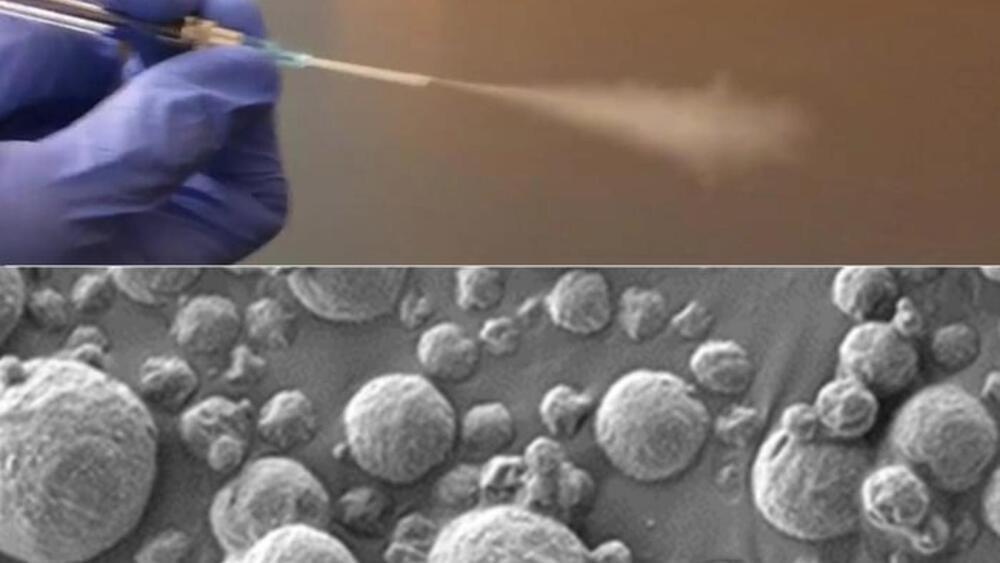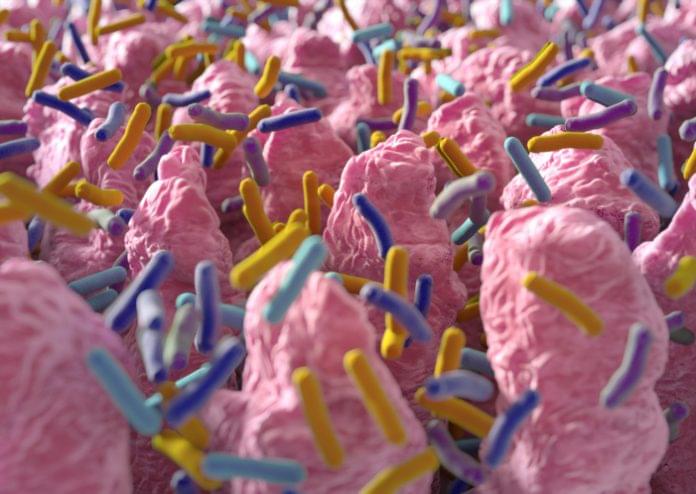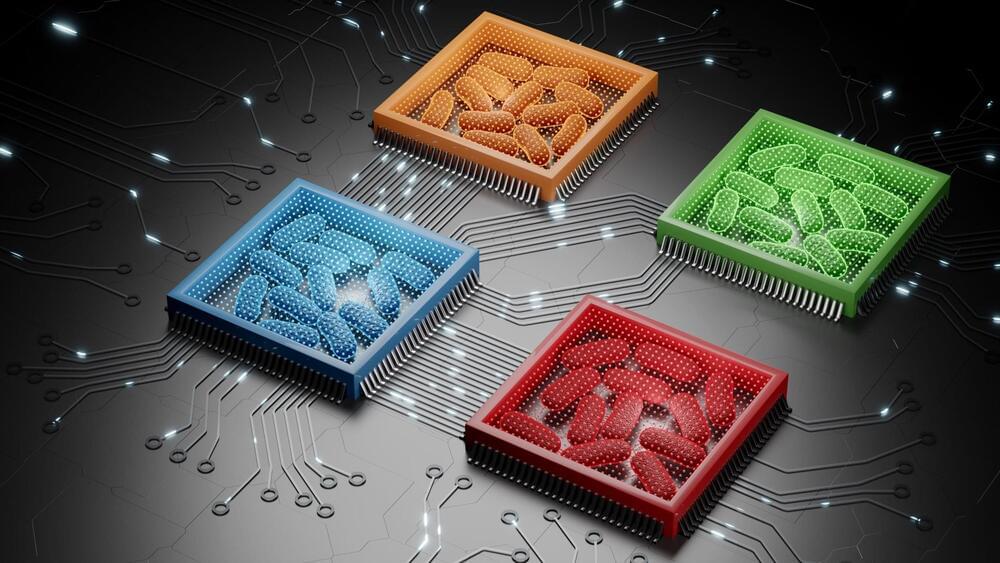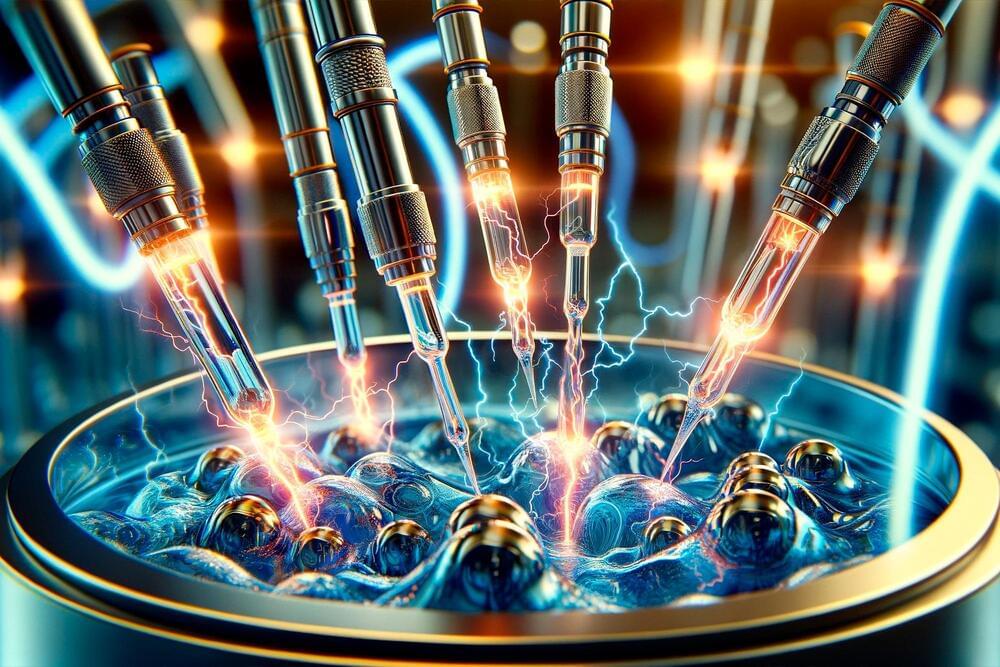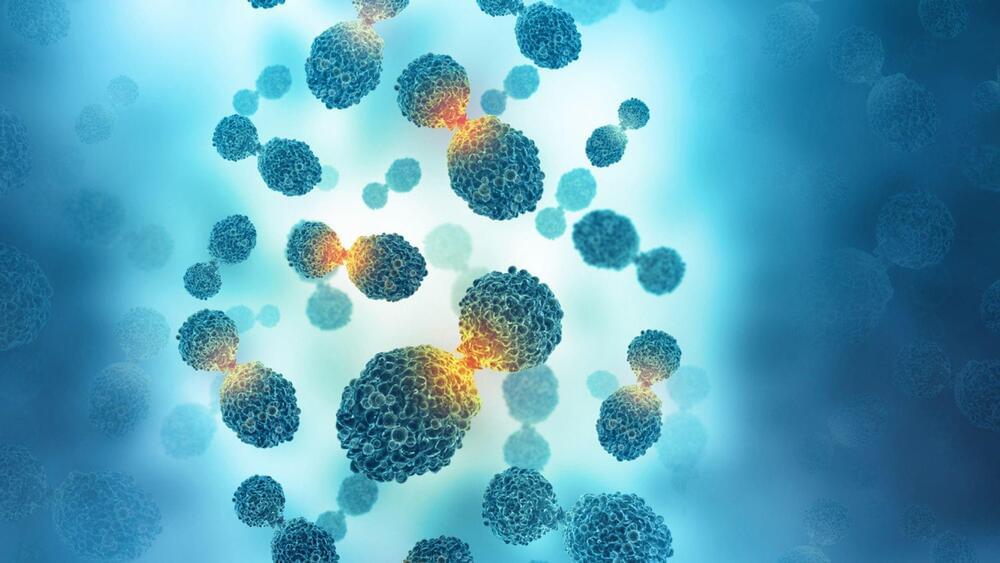Hmmm I wonder if this can lead to allergies and inflammation. I googled it. Yes it can lead to allergies. Maybe that’s why I can’t drink coffee anymore or Earl Grey Tea. Another Google search says it can lead to inflammation which causes a lot of health problems.
You may think that artificial sweeteners can help you lose some weight, but a new study finds they are no good for your gut’s microbiome.
People who use aspartame (Equal), sucralose (Splenda), saccharin (Sweet’N Low), or stevia leaf extract tended to have intestinal bacteria colonies that differed significantly from those of people who didn’t use sugar substitutes, researchers found.
They had less rich colonies of bacteria in their small intestines or, even worse, higher levels of bacteria that churn out harmful toxins.




